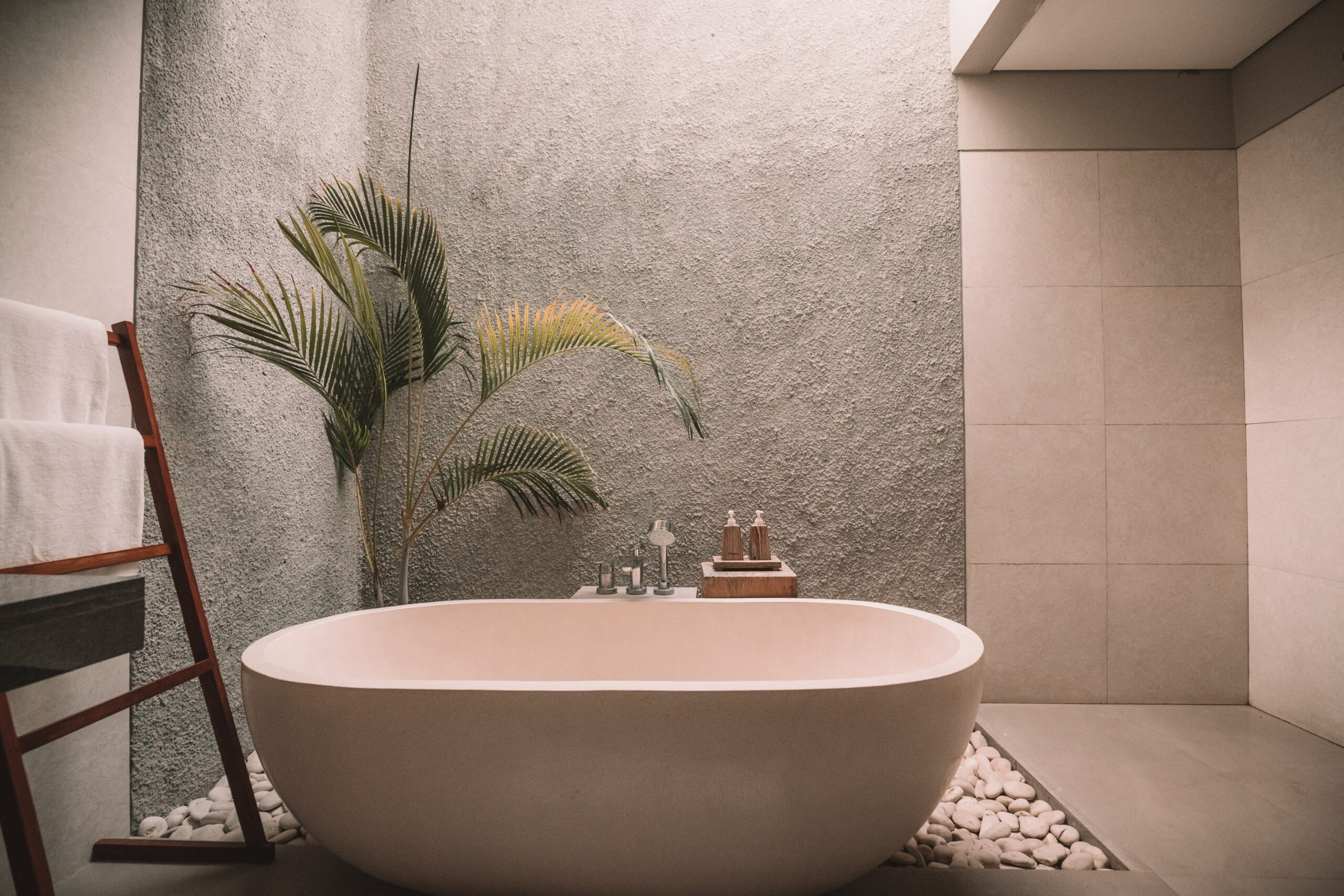
This Easter, you may have had more reasons than usual to treat yourself or your loved ones to some chocolate eggs. Not only could we all do with a pick-me-up after what has been a mentally and physically draining year for many, but eating or drinking chocolate could actually be better for our sleep health than originally thought.
If you’re partial to a square or two of an evening or if you’re looking for ways to sleep more soundly at night, we have some good news to share about the effects of chocolate on our sleep quality.
The good news
As it turns out, the secret to a blissful night’s slumber could very well be the scent of chocolate. Research has shown that a certain type of brain activity associated with alertness, known as theta, drops significantly when we smell chocolate, resulting in a more relaxed state of mind that could help us feel more ready for bed (New Scientist).
As well as a slumber-inducing scent, most chocolate bars are made from chocolate mixed with milk solids. Drinking milk has long been a go-to home remedy for troublesome sleep, with a glass of warm milk before bed being recommended for children and adults alike. While some may dismiss this as an old wives’ tale, there is some truth to it. Milk contains tryptophan, which helps your body produce serotonin and melatonin — the sleepy hormones (Healthline).
Chocolate also contains a few vitamins and minerals that can help regulate our sleep, such as calcium, magnesium, and theobromine. Consuming cocoa also reduces stress and anxiety (Psychology Today), both of which can keep us awake at night, so enjoying a cup, a bar, or a few squares before bed is sure to help you relax.
The bad news
Chocolate contains caffeine, the enemy of a good night’s rest. In fact, the more cacao there is in a bar of chocolate, the more caffeine it contains, which is a chemical responsible for making us feel alert and disrupting our sleep. So, dark chocolate — which has more cocoa — could be a bad option to snack on before bed.
If you want to look for chocolate with a low caffeine content, white chocolate contains no cacao at all (it gets its chocolatiness from cocoa butter) plus a lot of milk solids, which can trigger those sleepy feelings. However, it does contain a high amount of sugar — much more than dark chocolate. So, to get the balance right between caffeine, theobromine, and sugar, it makes sense to stick to milk chocolate, which is more in the middle.
Realistically though, a few squares of your favourite chocolate, whether dark, milk, or white, probably does not contain enough stimulants to keep you awake all night. On average a bar of dark chocolate contains roughly around 10 milligrams of caffeine, which is about the same as a cup of decaf coffee, and other types of chocolate will contain less (Pregnancy Food Checker).
So, rather than worry, it’s better to just enjoy your favourite chocolate before bed — in moderation.
“While it’s true that chocolate contains a few things we’d best avoid before bed — namely sugar and caffeine — the psychological effect it can have outweighs how many stimulants are in it. A cup of hot cocoa or a few delicious squares can help us wind down in the evening and may even have soporific effects, but if you’re still worried about consuming stimulants too close to bedtime, it’s good to know that just the smell of chocolate can be enough to make us feel calm.
Sleep quality is important for our mental wellbeing and physical health, affecting everything from our mood to our appetite and even things like our blood pressure. Everyone is different, so I always recommend starting a sleep diary that keeps track of what you eat, drink, and do before bed and how well you sleep afterwards. This should help you identify potential disruptors, and you’ll know for sure if eating chocolate in the evening is right for you.”
– Phil Lawlor, Sleep Expert at Dormeo



